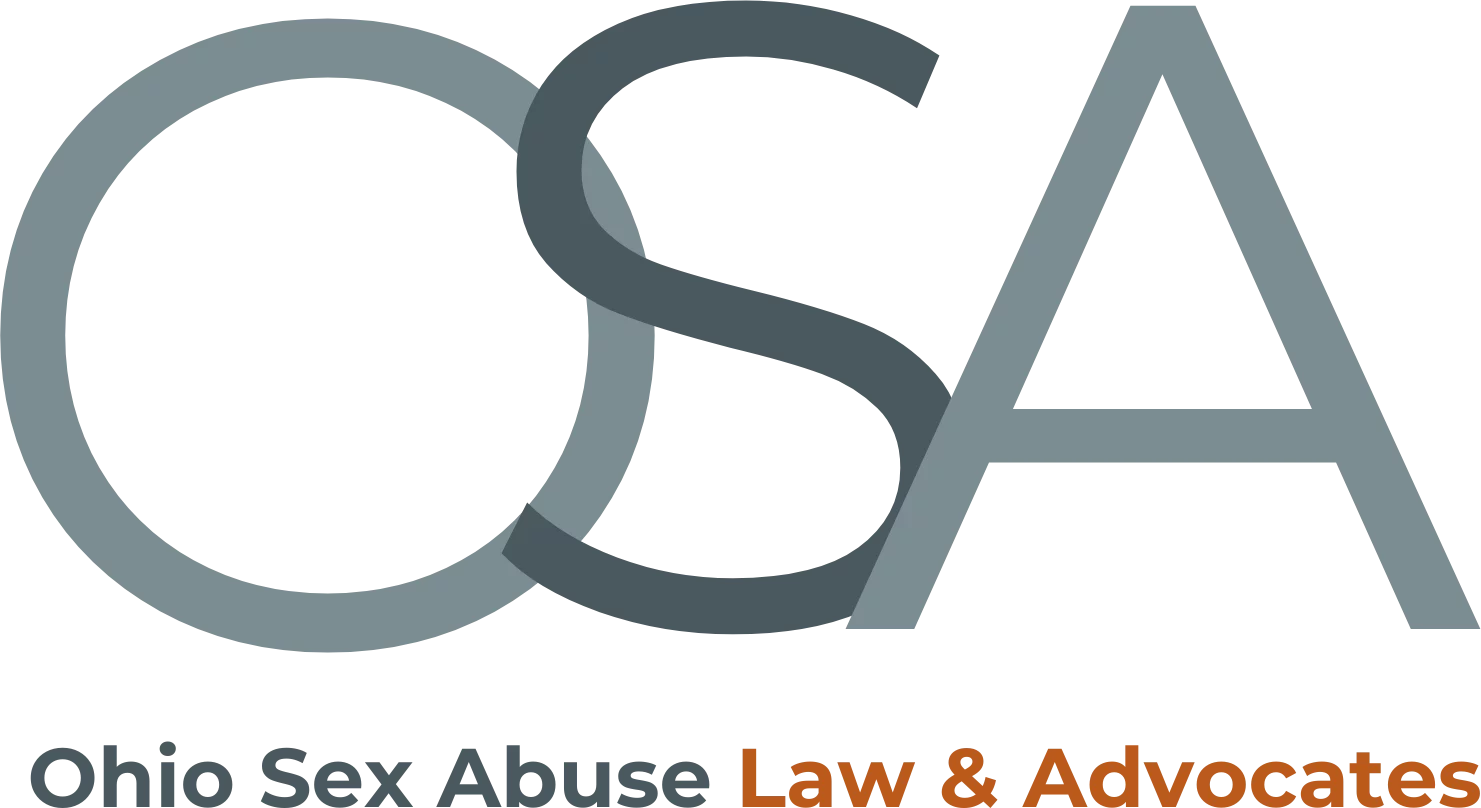Sports and Coaches
Institutional Sexual Abuse: Sports and Coaches
Sports teams and leagues are great organizations because they provide a sense of belonging and friendship for kids. However, there is a risk of sexual predators targeting youth sports leagues. Unfortunately, victims of abuse, especially children, often stay quiet and don't speak up. This is particularly true when the abuser threatens them. Many times, children are taught to obey their coaches and sponsors.
Andy Goldwasser fearlessly supports sex abuse victims' legal and money-related rights in court. This involves studying the constantly evolving laws and figuring out what legal choices are available. Our goal is to achieve outcomes that go beyond what our clients expect, helping them seek justice and find healing.
Sexual Abuse, Battery, and Harassment
Generally, sexual abuse is using one’s position of authority over another person to inflict pain or suffering of a sexual nature. For a legal claim, the infliction of pain must be intentional. The abusive behavior does not necessarily have to cause an injury either (e.g., sexual grooming). There are three major types of sex abuse, prevalent in youth sports settings:
Grooming. Frequently, grooming does not end in sexual battery or sexual harassment. Perhaps the victim moves away or quits the sport, or perhaps the abuser backs off. Even so, once the damage is done, a claim for damages is a possibility. Attorneys often point to a bad actor’s pattern of conduct, to prove sexual intent in these situations. If a coach or official repeatedly makes similar comments or engages in similar actions, this may be evidence of a pattern that shows intent.
Sexual Battery. Legally, battery is a harmful or offensive touch. Any contact with any private area of the body is harmful or offensive. As with abuse, the touch must be intentional.
Sexual Harassment. There are two major kinds of sexual harassment:
Hostile Environment: Coarse locker room talk is par for the course in most youth sports. Other sexually charged comments, often from coaches, might even be common as well. Usually, these things do not constitute a hostile environment. But once the environment becomes toxic, a lawyer can intervene.
Quid Pro Quo: Any offer of preferential treatment, no matter how slight, cannot be conditioned on any sexual favor, no matter how slight.
Organizational Response
When abuse allegations are exposed, regardless of their merit, these allegations usually go to the team’s governing body. An official investigation then determines whether the allegations have merit. Regardless of the finding, the governing body must respond appropriately. A sex abuse investigation is not a witch hunt, and it is also not just a formality.
These investigations must be comprehensive. The investigative body must have full power to hear witnesses and review other evidence. These witnesses must be able to participate without fear of retaliation. Many organizations either do not have appropriate rules in this area, or they do not enforce the rules they have. If that is the case, the victim is basically abused once again.
The investigation must be transparent. In most cases, nothing can happen behind closed doors. Certain exceptions are available in unusual circumstances, sometimes to protect the victim’s privacy. But these situations are exceptions, not the rule.
Negligence Claims
Youth sports organizations have a legal duty to provide safe environments for their participants. This duty includes a responsibility to provide adequate security, like cameras and restricted entryways. If an evildoer takes advantage of lax security and abuses a child, the organization could be responsible for damages. These damages usually include compensation for economic losses, (e.g., therapy costs), and noneconomic losses, such as pain and suffering. Additional punitive damages are available where there is clear and convincing evidence that the organization intentionally disregarded a known risk.
Liability attaches to the organization if it had a duty to protect students, the organization knew (or should have known) about the hazard, and the injury was foreseeable.
Intentional Tort Claims
Organizations are responsible for non-employee sexual abuse if they know about the problem and are able to stop the abuse. Organizations could be responsible for employee or volunteer sexual abuse, as well. Common theories in this area include negligent hiring and negligent entrustment. In essence, negligent hiring is allowing a person to work with children without asking the proper questions. Negligent supervision, on the other hand, is overlooking misconduct allegations or even worse, sweeping these allegations under the rug.
Reach out to a compassionate lawyer in Cleveland
Young people need protection while they are at school. For a free consultation with an experienced sex abuse lawyer in Cleveland, contact Andy Goldwasser of Ohio Sex Abuse Law & Advocates.
See All Case Types














